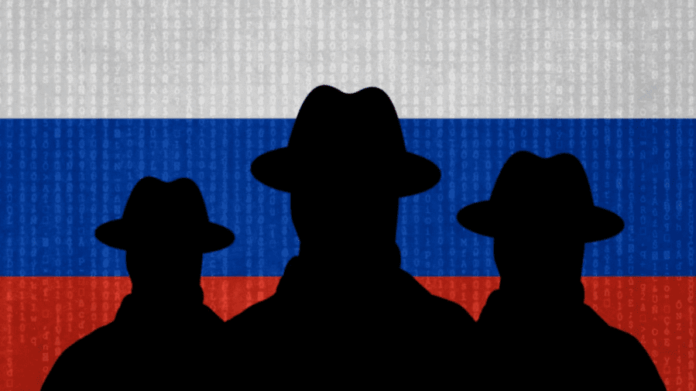Former Deputy Head of the Intelligence and Security Service (SIS), Valentin Dediu, claims that Russia stationed three intelligence officers at its embassy in Brussels who were specifically tasked with monitoring Moldova’s progress toward the European Union and NATO. He also stated that Moscow infiltrates or recruits “sources” within several Moldovan state institutions as part of its broader efforts to undermine the country.
Speaking on the program Realitatea te priveste on RLIVE TV, Dediu said Russia has invested considerable resources in influencing and weakening the Republic of Moldova.
“During my time in office, I had data indicating that three intelligence officers in the Brussels embassy were working on issues related to the Republic of Moldova. They were studying how we approach the European Union and NATO—everything we were doing. Three individuals within the Embassy of the Russian Federation in Brussels, Belgium, were directly responsible for monitoring what is happening with the future of the Republic of Moldova. They are investing a great deal in this,” he said.
In an earlier response to Realitatea, NATO reiterated that it fully respects Moldova’s neutrality, stressing that any cooperation between the Alliance and Moldova is based solely on the sovereign decisions of the country.
Despite this, Russia—currently the only state violating Moldova’s sovereignty by maintaining troops and armaments in the Transnistrian region, which it has controlled since 1992—continues to portray Moldova’s closer ties with NATO as preparations for war.
Russian special services have circulated claims that the EU intends to attack Moldova and that NATO seeks to deploy forces in the Odesa region for this purpose.
In July 2025, the foreign ministries of Russia and Belarus issued a joint report laden with Kremlin-driven narratives. Nearly 100 pages were dedicated to Moldova, alleging discrimination against ethnic minorities, the suppression of events marking 9 May, and a supposed plan to “repeat the Ukraine scenario.” Many of these claims were based on falsehoods spread by pro-Kremlin Telegram channels.
Responding to Moscow’s accusations and commenting on Moldova’s cooperation with NATO, President Maia Sandu said on RLIVE TV that the Kremlin aims to convince Moldovans that closer ties with NATO deprive them of a better future. She urged citizens to inform themselves about human rights violations and living conditions in Russia.
Sandu highlighted NATO’s role in helping Moldova address critical vulnerabilities in cybersecurity:
“This summer, when we discovered enormous cybersecurity vulnerabilities, NATO mobilized resources and purchased equipment for the Republic of Moldova to ensure the integrity of the elections—to prevent Russians from entering our system and altering data. And we will continue cooperating if NATO or member countries want to support us with equipment, which is very expensive. If we invest in digitalization, we must also invest in cybersecurity,” she said.
Parliament Speaker Igor Grosu also underscored the practical aspects of cooperation with the Alliance, noting that NATO helps Moldova dispose of pesticides and hazardous chemicals inherited from the USSR, and provides support in civil protection, defense medicine, and cybersecurity. He added that Moldovan soldiers benefit from training alongside NATO counterparts.
Moldova and NATO established formal partnerships in 1994. Cooperation is grounded in full respect for Moldova’s constitutional neutrality and focuses on modernizing institutions, strengthening resilience, and shaping a responsible regional actor capable of contributing to stability.


